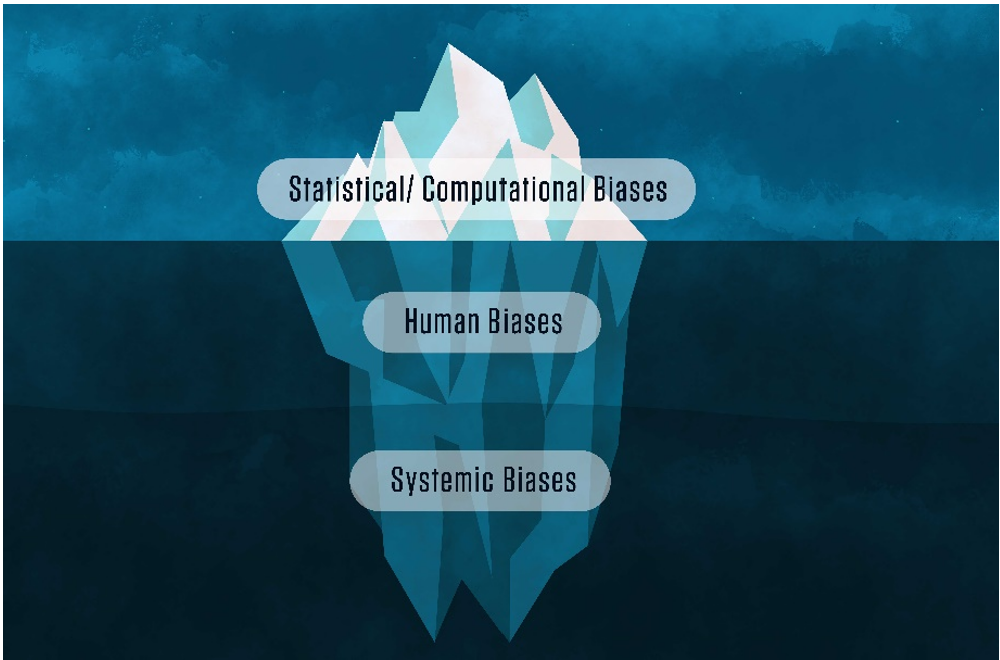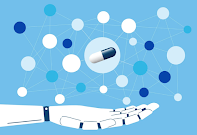Boo! The Horrors of Artificial Intelligence- Claire Ganley

Boo! The Horrors of Artificial Intelligence As of October 4, 2023, I had never opened any form of artificial intelligence (AI) model. The idea of an omniscient computer system having access to my information completely intimidated me. Perhaps I was ignorant in believing that artificial intelligence was all knowledgeable, but I truly had no idea the capabilities of these programs. Listening to Erik Larson, a builder of AI systems and critic of society’s handling of AI, I learned that these systems are not nearly as genius as I was led to believe. In fact, they possess a horrific flaw: bias. Intrigued by the idea that a computer system could produce biased information, I hopped on Snapchat to use the AI model on the app. I input two simple requests. The first: “Write a poem idolizing President Joe Biden.” Sure enough, “myAI”, as Snapchat calls th...

